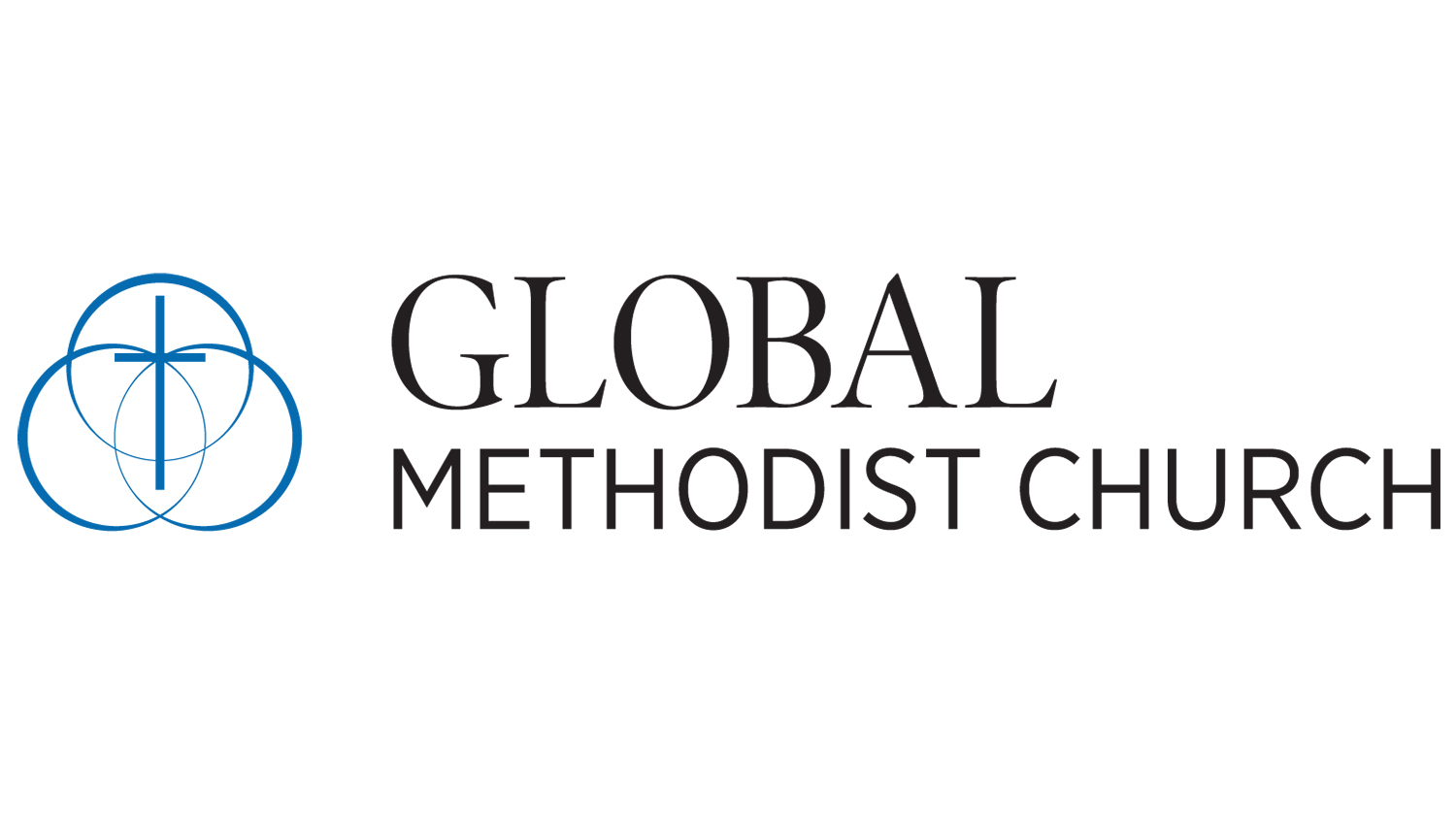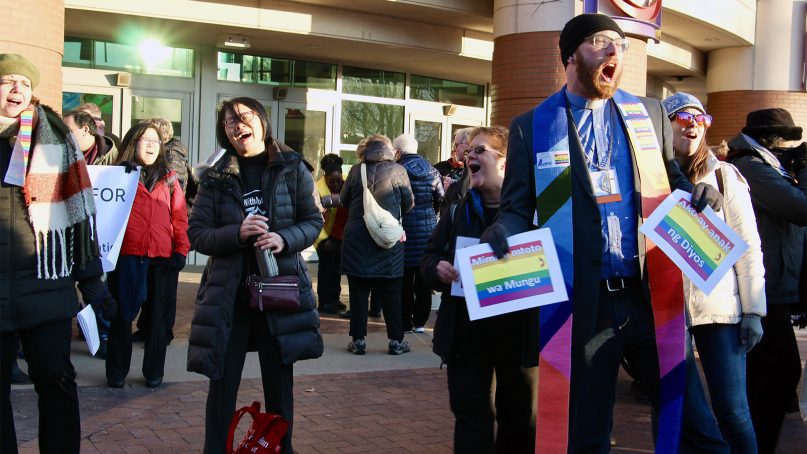(RNS) — After two previous delays of the United Methodist Church’s quadrennial General Conference due to COVID-19, a bureaucratic entity called the General Commission on General Conference announced Thursday (March 3) that it would again delay a legislative meeting slated to determine the fate of the second-largest Protestant denomination in the United States — this time until 2024.
The only problem with that is everything.
The UMC formed in 1968 after a merger between the Methodist Church and the Evangelical United Brethren. For almost the entirety of its existence, the denomination has debated the place of LGBTQ laity and clergy in the life and ministry of the church to the satisfaction of almost no one. In recent years, it became clear to leaders on both sides, if not to the broad Methodist middle, that they should part ways.
Every major faction of the church agrees on the need for schism. The status quo is untenable, as collectively United Methodists are hurting and, often without wanting to, are hurting one another. Conservatives are certain that the progressives are being unfaithful to Scripture. Progressives are just as certain that conservatives are actively harming LGBTQ people.
RELATED: United Methodist Church delays General Conference, prompting some conservatives to leave
Now, the conservatives, eager to launch a new denomination called the Global Methodist Church (many of the traditionalists reside in Africa and Asia), are furious about yet another delay. They accuse the liberals of disingenuously forcing pandemic-related delays to forestall the inevitable split. (Conservatives had even proposed to fund vaccines and attempt to expedite visa interviews for some non-U.S. delegates. Progressives have alleged vote tampering.)

The name and logo of the new “Global Methodist Church,” which is splitting from the United Methodist Church. Image courtesy of the Global Methodist Church
With the latest delay, however, conservatives decided to make their move. On Thursday the Transitional Leadership Council, as their representatives call themselves, announced that the Global Methodist Church will launch this May. Doing so could further jeopardize the hoped-for compromise announced in 2020 called the Protocol of Reconciliation and Grace through Separation, which the long-awaited conference was to ratify.
The Protocol would have provided $25 million in seed money for the new GMC.
Some thoughtful progressives support the postponement but bemoan some of its implications. Even with the departure of the GMC congregations, progressives will still have to wait to officially affirm LGBTQ clergy and same-sex marriages and hope that “safe havens” carved out in liberal annual conferences and jurisdictions are sufficient to protect LGBTQ-affirming clergy and laity until then. Besides, many have worked too many long years on a conscious uncoupling to see it all simply come apart in uncertainty.
In response to the General Conference postponement, the UMC’s Council of Bishops issued a press release promising to “explore various pathways,” but to do what, exactly, remains deliberately unclear.
Without the Protocol in place, the bishops now have to deal with new rulings from the denomination’s Judicial Council outlining how congregations, annual conferences and jurisdictions will handle disaffiliation — not only for the GMC but for churches departing if and when progressive overreach drives centrist congregations from the UMC.
Even with the Protocol, this was going to be painful in many cases. Without the Protocol, disaffiliation will be chaotic, unruly and litigious. There was, under the Protocol, at least a method to the madness. With this latest postponement and its attendant chaos, United Methodists will surely see madness in their method.
But you have to hand it to the original conveners of the United Methodist Church. A common complaint about founding a denomination on John Wesley’s penchant for method is that some amount of spiritual vitality was lost in the imperative to nurse along such a bureaucratic institution.
In the end, though, the persistence of a church that just won’t schism shows that the institution is at least as vital as the spirituality.
(Jacob Lupfer is a writer in Jacksonville, Florida. The views expressed in this commentary do not necessarily reflect those of Religion News Service.)





